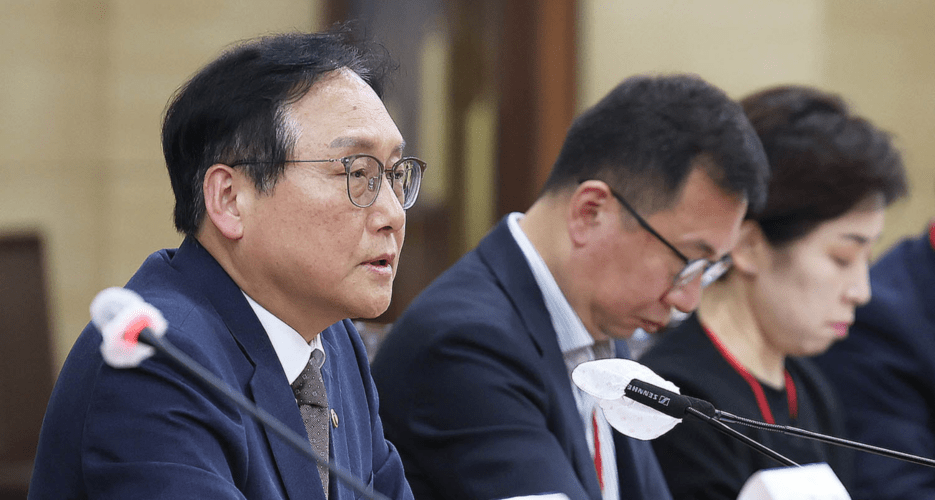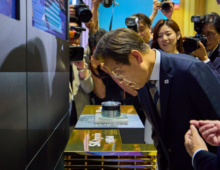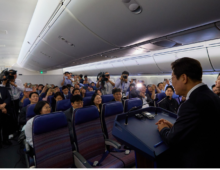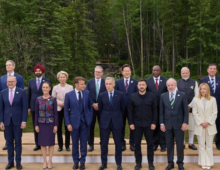Industry ministry discussed plans to explore joint projects with IPEF members to diversify critical material sources
South Korea’s Ministry of Trade, Industry and Energy (MOTIE) announced that the Indo-Pacific Economic Framework (IPEF) Supply Chain Agreement, a U.S.-led initiative involving 14 member nations, took effect on April 17. Trade minister Cheong In-kyo convened the first “New Trade Round Table” meeting of the year to discuss strategies for leveraging the agreement to strengthen supply chain resilience.
The meeting brought together industry associations, academia and research institutions to explore potential joint projects with IPEF members. It focused on diversifying import sources for critical materials such as elements, graphite, and rare earth permanent magnets and improving R&D and logistics. Cheong emphasized the need for policies that bolster supply chains.
South Korea’s Ministry of Trade, Industry and Energy (MOTIE) announced that the Indo-Pacific Economic Framework (IPEF) Supply Chain Agreement, a U.S.-led initiative involving 14 member nations, took effect on April 17. Trade minister Cheong In-kyo convened the first “New Trade Round Table” meeting of the year to discuss strategies for leveraging the agreement to strengthen supply chain resilience.
The meeting brought together industry associations, academia and research institutions to explore potential joint projects with IPEF members. It focused on diversifying import sources for critical materials such as elements, graphite, and rare earth permanent magnets and improving R&D and logistics. Cheong emphasized the need for policies that bolster supply chains.
Get your
KoreaPro
subscription today!
Unlock article access by becoming a KOREA PRO member today!
Unlock your access
to all our features.
Standard Annual plan includes:
-
Receive full archive access, full suite of newsletter products
-
Month in Review via email and the KOREA PRO website
-
Exclusive invites and priority access to member events
-
One year of access to NK News and NK News podcast
There are three plans available:
Lite, Standard and
Premium.
Explore which would be
the best one for you.
Explore membership options
© Korea Risk Group. All rights reserved.
No part of this content may be reproduced, distributed, or used for
commercial purposes without prior written permission from Korea Risk
Group.












